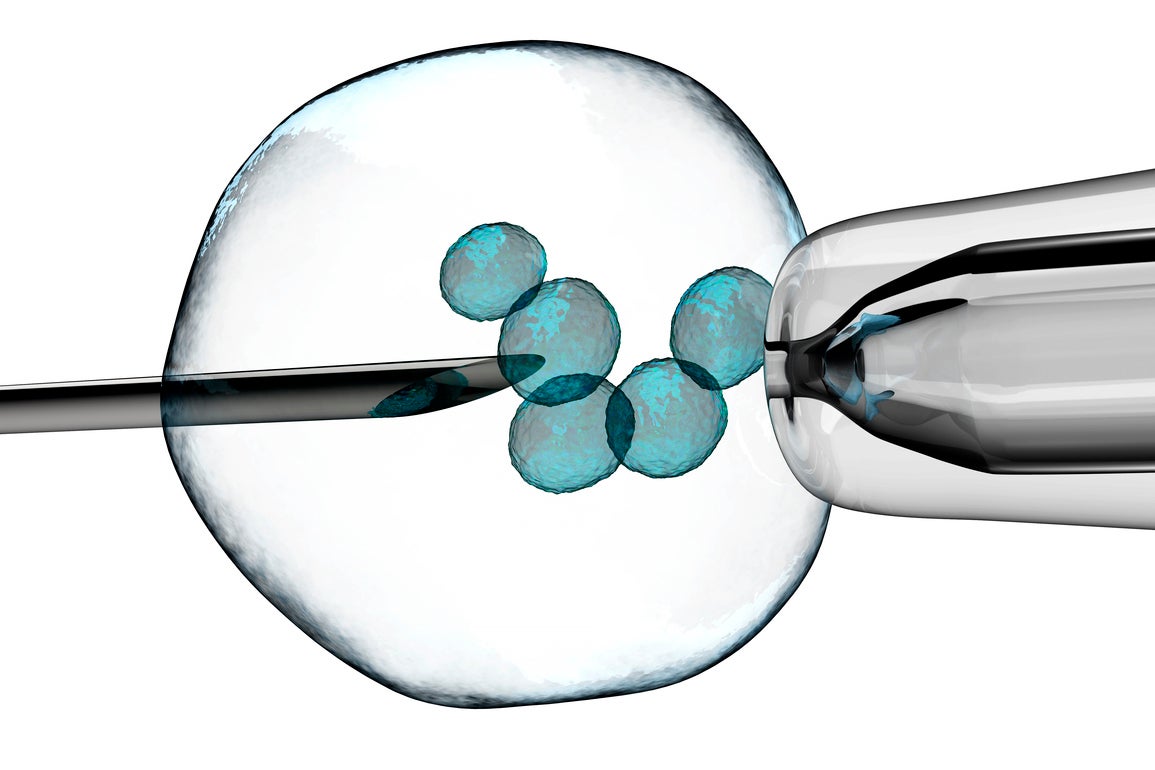Transgender patients should have their eggs frozen, advises British Fertility Society
‘There is still the opportunity for trans folk to have a child who is biologically related to them’

Your support helps us to tell the story
From reproductive rights to climate change to Big Tech, The Independent is on the ground when the story is developing. Whether it's investigating the financials of Elon Musk's pro-Trump PAC or producing our latest documentary, 'The A Word', which shines a light on the American women fighting for reproductive rights, we know how important it is to parse out the facts from the messaging.
At such a critical moment in US history, we need reporters on the ground. Your donation allows us to keep sending journalists to speak to both sides of the story.
The Independent is trusted by Americans across the entire political spectrum. And unlike many other quality news outlets, we choose not to lock Americans out of our reporting and analysis with paywalls. We believe quality journalism should be available to everyone, paid for by those who can afford it.
Your support makes all the difference.The British Fertility Society has advised that women who are transitioning to become men should have their eggs frozen in order to allow them to have biological children in future.
In new guidelines published today, the British Fertility Society has outlined recommendations to provide women who have been diagnosed with gender dysphoria and are undergoing gender reassignment treatments the chance to have their eggs preserved.
“For people who are diagnosed with gender dysphoria - their gender identity does not match their physical sex - medical interventions, such as hormone treatment and surgery, may be necessary and can reduce or destroy fertility,” the guidelines state.
“By freezing eggs, embryos, or ovarian tissue, there is still the opportunity for trans folk to have a child who is biologically related to them, through pregnancy or surrogacy.”
These new guidelines on fertility preservation for clinicians have been presented at today’s Fertility 2018 meeting in Liverpool.
Professor Adam Balen, Chair of the British Fertility Society, explained the way in which infertility can affect a person’s decision to undergo treatment for a number of conditions.
“The reasons that people experience infertility are numerous. In principle, the reason for infertility should not affect the decision to consider treatment,” he said.
“For many people undergoing gender transition, it is the medical treatment they receive that causes infertility - we do not consider this any differently than we do infertility as a consequence of, for example, life saving cancer treatment.”
The Gender Identity Research and Education Society has estimated that approximately one per cent of the British population are gender nonconforming to some degree, with 0.2 per cent likely to seek treatment as some point.
Having their eggs frozen is a viable option for transgender people who don’t want to lose the prospect of having biological children in future.
However, it’s not entirely impossible for trans folk to give birth depending on the circumstances.
In December it was reported that Kaci Sullivan, a transgender man from Wisconsin, had given birth to a baby, five years after having his first child as a woman.
The baby was conceived when Sullivan took a break from taking his male hormones.
Join our commenting forum
Join thought-provoking conversations, follow other Independent readers and see their replies
Comments